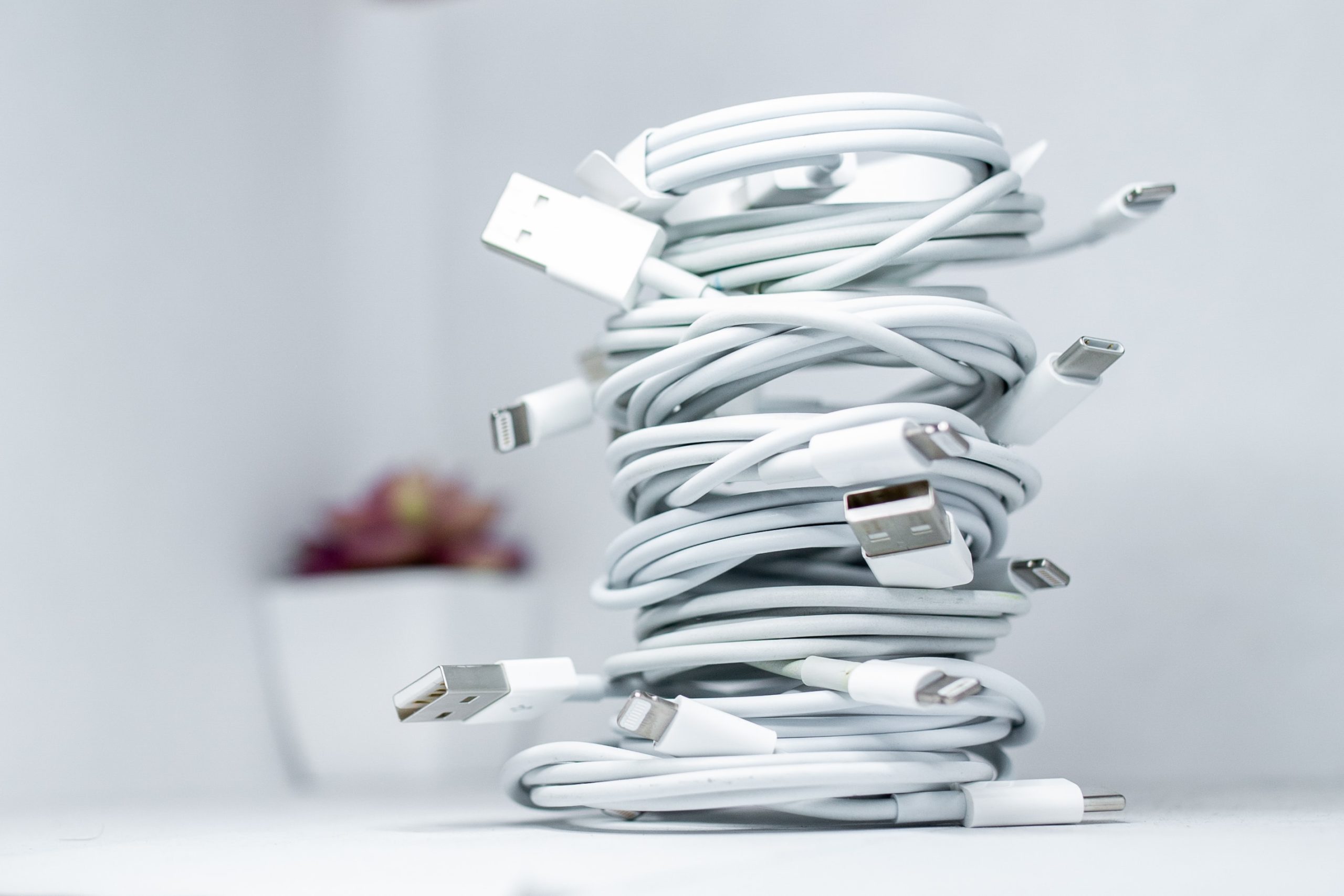9/27/2021
As the fight to eliminate waste across the world continues, the European Union is adopting a harsher stance on electronic waste production by way of strict regulations. The European Commission, the executive branch of the EU, has proposed regulation that would mandate USB-C cables for charging all smartphones. By eliminating the need to purchase new chargers when changing phones, this could potentially eliminate some of the 11,000 tons of e-waste thrown out by Europeans each year.
Along with the mandate to standardize smartphone cables, the proposed law would also require tablets, digital cameras, handheld video game consoles, headsets and headphones sold in the European Union to have USB-C charging ports. Furthermore, it would require smartphones to be sold without the charging cable bundled, potentially saving consumers 250 million euros a year. Not to mention, the ease of only needing one type of cable for most of one’s devices would simplify many aspects of daily life. In theory, the proposed solution would work well for consumers, but only if it still allows technology to reach its maximum potential.
Proponents of the new law have high hopes for its efficacy, but the opposition has its own worries. For one, the majority of smartphones still use Micro-USB connectors, while Apple’s entire lineup of iPhones uses its proprietary Lightning connector. Any regulation pushing USB-C connectors would require a significant number of consumers to trash their old cables. Second, some are worried about the regulation’s influence on innovation in the industry. Will technology manufacturers be burdened by outdated hardware specifications since regulations are slow to catch up to the times? Will manufacturers be forced to make suboptimal products due to the ramifications of their restrictions? Or will European markets have their own weaker versions of devices while the rest of the world gets the benefit of new hardware technologies? Finally, will these laws, which are expected to take effect approximately two years after they are passed, place undue burden on manufacturers who do not currently use the USB-C connector? They will have two years to change their product, while companies already using USB-C can continue to innovate on other parts of their product without worry. These questions will surely be a main point of contention during the upcoming deliberations in the European Parliament.
The issue is not black and white, as there is likely a balance to be found between regulation and consumer protection. If these regulations were to be passed as they are, the industry would certainly adjust to the best of its ability, similar to the worldwide effect of the EU General Data Protection Regulation that went into effect in 2018. However, if this adjustment is disadvantageous to manufacturers or consumers, the EU should expect staunch opposition. It is difficult to find the right answer when it comes to regulating and pleasing these two opposing forces, and it will be an uphill battle, but the importance of having such debate when the space has gone unregulated for so long cannot go unnoticed.

